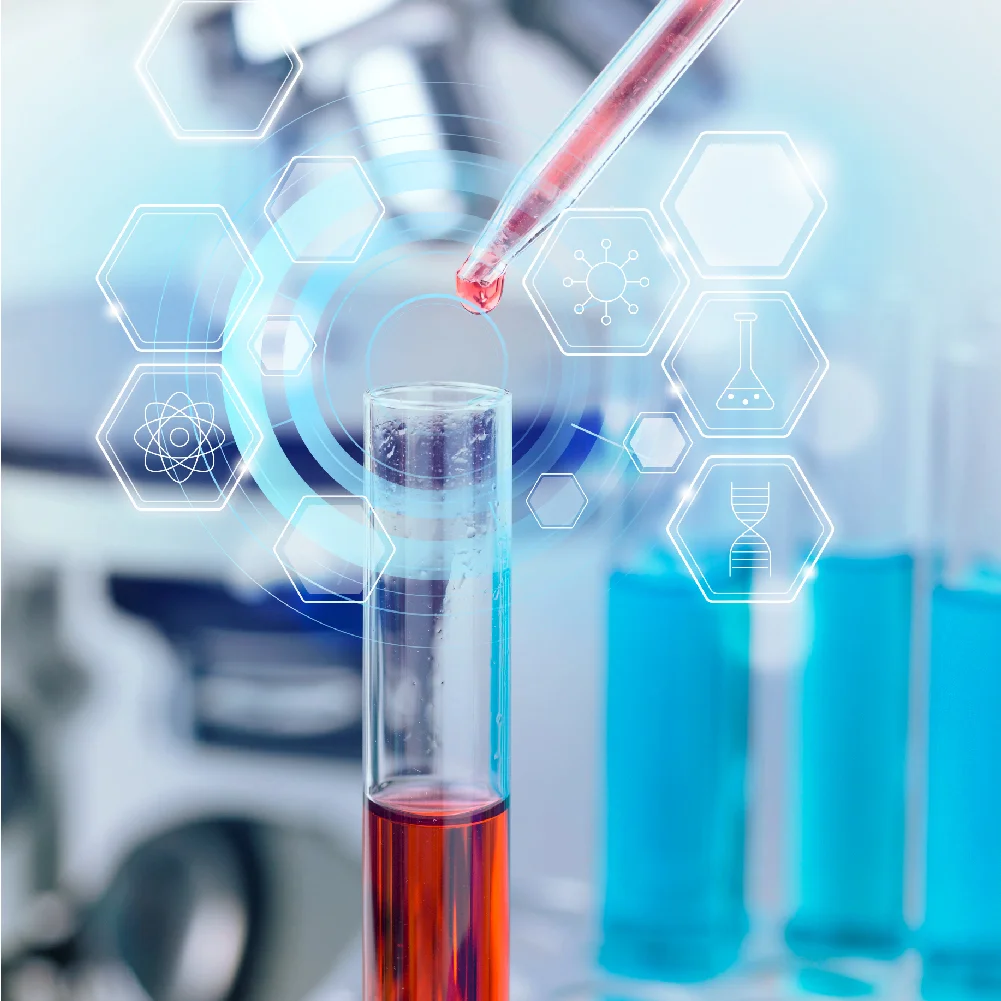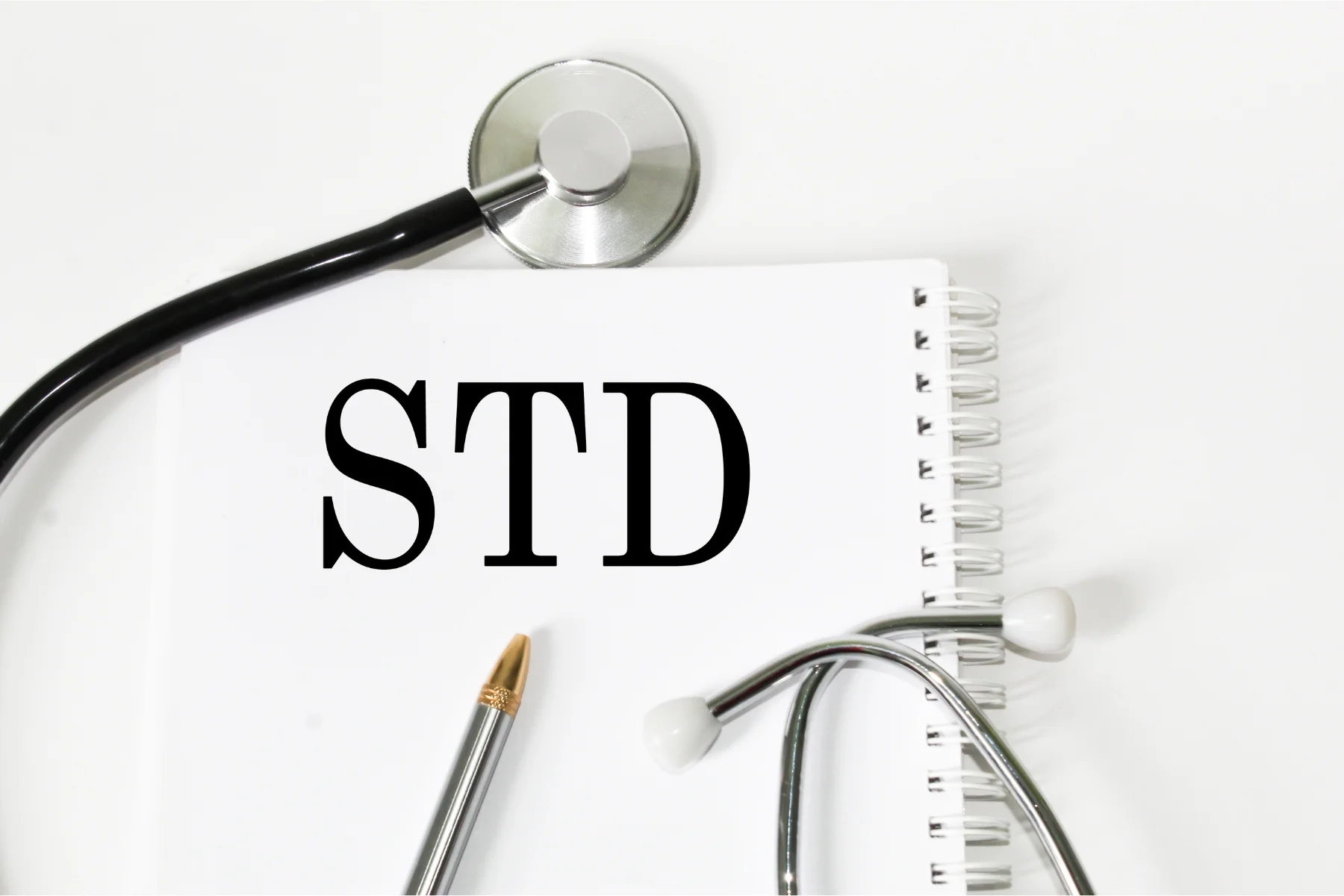In the pursuit of optimal health and well-being, lab services and physiotherapy play pivotal roles in diagnosing, managing, and preventing a wide range of health conditions. From uncovering underlying medical issues through diagnostic tests to improving physical function and mobility through targeted interventions, these services are essential components of holistic healthcare. This article explores the importance of lab services and physiotherapy in achieving a better you, highlighting their significance in promoting overall wellness.

An Overview Of Lab Services
Lab services encompass a variety of diagnostic tests and procedures performed on biological specimens, such as blood, urine, and tissue samples. These tests provide valuable insights into an individual’s health status, aiding in the early detection, diagnosis, and monitoring of various medical conditions. From routine screenings for cholesterol levels and blood sugar to more specialized tests for infectious diseases and cancer markers, lab services serve as essential tools for healthcare providers in making informed decisions about patient care.
Personalized Medication Management Plans
To understand the importance, here are the details that have been highlighted by Vesta Care healthcare experts.
(1) Early Detection
Lab tests can detect medical conditions in their early stages when treatment is most effective. For example, routine blood tests can identify risk factors for heart disease, diabetes, and other chronic illnesses before symptoms appear.
(2) Disease Monitoring
Lab services enable healthcare providers to monitor the progression of diseases and evaluate the effectiveness of treatment interventions. By regularly monitoring biomarkers and other indicators, clinicians can adjust treatment plans as needed to optimize patient outcomes.
(3) Personalized Medicine
Advances in laboratory testing technology have paved the way for personalized medicine, where treatment decisions are tailored to an individual’s unique genetic makeup, lifestyle factors, and disease characteristics. This approach allows for more precise and targeted interventions, leading to better outcomes and fewer adverse effects.
Hire Vesta Care’s in-home lab services- Simply reach out to us by calling our hotline at 052 104 6920!
Types of Lab Services
Various diseases and conditions require different forms of laboratory testing types Here is a comprehensive lit of the lab test types.
Clinical Chemistry
Clinical chemistry tests analyze blood, urine, and other bodily fluids to assess organ function, electrolyte balance, and metabolic status. Common tests include blood glucose, cholesterol levels, kidney function tests, and liver function tests.
Hematology
Hematology focuses on the study of blood and blood disorders. Tests within this category include complete blood count (CBC), blood clotting tests, and tests for various blood disorders such as anemia, leukemia, and hemophilia.
Microbiology
Microbiology involves the identification and characterization of microorganisms, including bacteria, viruses, fungi, and parasites. Tests in this category include cultures, sensitivity testing, and molecular diagnostics for infectious diseases.
Immunology
Immunology evaluates the body’s immune response by measuring antibody levels, immune cell counts, and markers of autoimmune diseases. Tests include antibody titers, allergy testing, and autoimmune panels.
Molecular Diagnostics
Molecular diagnostics utilize nucleic acid-based techniques to detect genetic variations, infectious agents, and tumor markers. Polymerase chain reaction (PCR), DNA sequencing, and fluorescence in situ hybridization (FISH) are common methods used in this category.
For detailed discussions with our experts, please email us at [email protected]
Specific Varieties and Uses Of Lab Tests
Human bod undergoes different treatment types and kinds, and here is a list of some of the most significant lab tests. Continue to scroll down further:
Routine Screening Tests
Routine screening tests are performed as part of preventive healthcare to detect diseases in their early stages when treatment is most effective. Examples include lipid profiles, fasting blood glucose, and Pap smears for cervical cancer screening.
Diagnostic Tests
Diagnostic tests help identify the cause of symptoms or confirm a suspected diagnosis. Examples include blood cultures for suspected infections, genetic testing for inherited disorders, and tumor markers for cancer diagnosis and monitoring.
Monitoring Tests
Monitoring tests track disease progression, treatment response, and medication levels over time. Examples include international normalized ratio (INR) monitoring for patients on anticoagulant therapy, therapeutic drug monitoring for medications with narrow therapeutic ranges, and viral load testing for HIV management.
Optimizing Health With Lab Services
Lab services encompass a wide range of tests and procedures that are essential for diagnosing, treating, and monitoring various health conditions.
Understanding the types, varieties, and uses of lab services is crucial for healthcare providers and patients alike, as it facilitates informed decision-making and ensures optimal patient care.
By recognizing the importance of lab services in healthcare delivery, we can appreciate their role in promoting wellness and improving patient outcomes.

The Marvelous World Of Physiotherapy
Physiotherapy, also known as physical therapy, focuses on restoring and maintaining physical function, mobility, and quality of life through exercise, manual therapy, and other techniques. Physiotherapists work with individuals of all ages and abilities, addressing a wide range of musculoskeletal, neurological, and cardiopulmonary conditions.
Importance of Physiotherapy
Chronic pain management, different sport injuries, disabilities due to accidents etc., all need physical treatment to ensure smooth movement of limbs. Physiotherapy encompasses a broad spectrum of treatments designed to restore mobility, alleviate pain, and improve overall physical functions. Furthermore, here are other aspects of physiotherapy notated down:
(1) Pain Management
Physiotherapy techniques such as manual therapy, therapeutic exercises, and modalities like ultrasound and electrical stimulation can help alleviate pain associated with musculoskeletal disorders, injuries, and chronic conditions.
(2) Rehabilitation
Physiotherapy plays a crucial role in rehabilitation following surgery, injury, or illness. Through tailored exercise programs and rehabilitation techniques, physiotherapists help individuals regain strength, flexibility, and function, enabling them to return to their daily activities and improve their quality of life.
(3) Injury Prevention
Physiotherapists assess movement patterns, biomechanics, and functional abilities to identify and address risk factors for injury. By implementing preventive strategies and corrective exercises, physiotherapy helps individuals reduce the likelihood of future injuries and maintain optimal physical health.
(4) Enhancing Performance
Physiotherapy interventions are not limited to rehabilitation; they also focus on optimizing physical performance in athletes, dancers, and individuals with specific occupational or recreational goals. By addressing biomechanical imbalances, improving movement efficiency, and enhancing strength and flexibility, physiotherapists help individuals achieve their performance objectives while minimizing the risk of injury.
Types of Physiotherapy Treatments
By understanding the different types of physiotherapy treatments and their specific techniques, benefits, and applications, healthcare providers can tailor interventions to meet the unique needs of everyone. Whether through manual therapy, exercise therapy, electrotherapy, or other modalities, physiotherapy plays a crucial role in promoting recovery, restoring function, and improving quality of life.
(a) Manual Therapy
Manual therapy techniques involve hands-on manipulation of soft tissues, joints, and muscles to reduce pain, improve range of motion, and restore function. Examples include joint mobilization, soft tissue massage, and manipulation techniques such as spinal manipulation and mobilization.
(b) Exercise Therapy
Exercise therapy focuses on prescribing specific exercises to improve strength, flexibility, endurance, and coordination. Exercises may target specific muscle groups or address overall functional abilities, depending on the individual’s needs and goals.
(c) Electrotherapy
Electrotherapy involves the use of electrical stimulation to modulate pain, promote tissue healing, and improve muscle function. Common modalities include transcutaneous electrical nerve stimulation (TENS), ultrasound therapy, and electrical muscle stimulation.
(d) Thermal Therapy
Thermal therapy utilizes temperature-based treatments to alleviate pain, reduce inflammation, and promote tissue healing. Examples include heat therapy, such as hot packs and paraffin wax baths, and cold therapy, such as ice packs and cryotherapy.
(e) Hydrotherapy
Hydrotherapy involves exercises and treatments performed in water to take advantage of the buoyancy and resistance properties of water. Aquatic exercises, underwater treadmill training, and whirlpool baths are examples of hydrotherapy interventions.
(f) Acupuncture and Dry Needling
Acupuncture and dry needling involve the insertion of thin needles into specific points on the body to relieve pain, improve muscle function, and promote healing. Acupuncture follows traditional Chinese medicine principles, while dry needling targets trigger points in muscles.
(g) Education and Counseling
Education and counseling play a crucial role in physiotherapy treatment, empowering individuals to take an active role in their recovery and self-management. Physiotherapists provide guidance on ergonomic principles, posture correction, injury prevention, and self-care strategies.
Benefits and Physio Applications
Each type of physiotherapy treatment offers unique benefits and applications, depending on the individual’s condition, goals, and preferences. For example, manual therapy may be beneficial for addressing joint stiffness and muscle tightness, while exercise therapy may be more suitable for improving strength and flexibility.
Electrotherapy and thermal therapy may complement other treatments by providing pain relief and promoting tissue healing, while hydrotherapy offers a low-impact environment for rehabilitation exercises. To speak with Vesta Care’s physiotherapy experts – schedule your consultation. Our experienced physiotherapists are here to address your concerns, assess your needs, and provide personalized treatment plans to help you achieve your health and wellness goals.
Unlock Wellness At Your Doorstep With Lab Services And Physiotherapy

Lab services and physiotherapy are indispensable components of comprehensive healthcare, working together to promote wellness and improve quality of life. From diagnosing medical conditions and monitoring disease progression to restoring physical function and preventing injuries, these services address a wide spectrum of health needs.
By recognizing the importance of lab services and physiotherapy in achieving a better you, individuals can take proactive steps towards optimizing their health and well-being, leading to a happier, healthier life.
To hire Vesta Care’s in-home lab services or physiotherapy experts – simply reach out to us by calling our hotline on 052 104 6920 or emailing us at [email protected]




